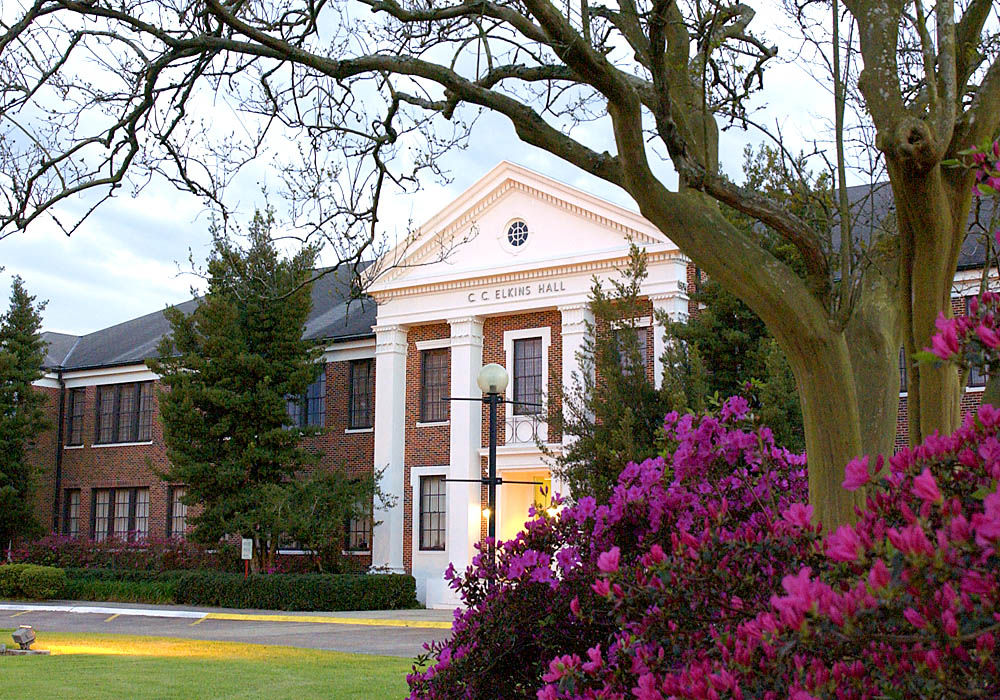
Drownings a call to awareness
May 27, 2015Matthews to stay in Lafourche until 2019
May 27, 2015The Louisiana House of Representatives passed a state budget Thursday that addresses the majority of a $1.6 billion shortfall with no cuts to higher education but significant cuts to paying uninsured medical costs.
The state contribution to pay for uncompensated health care costs will be cut by nearly a quarter of $1 billion, more than 25 percent less than last year’s budget.
According to a 2013 Louisiana Department of Health & Hospitals report, 52,162, or one-in-five adults in the Houma-Thibodaux Metropolitan Area ages 19 through 64 do not have health insurance.
The House approved House Bill 1 with 65 votes for and 37 against.
The bill next moves to the Senate Finance Committee for debate before being introduced onto the Senate floor. After the Senate adds its own amendments to the bill, it moves back to the House, which must then approve it in its entirety or work out its differences with the Senate in the Conference Committee.
Rep. Joe Harrison, R-Napoleonville, said Thursday was a productive day for the House but that it is premature to panic over the cuts to indigent health care spending. He said it is now up to the Senate to find a solution to the existing unfunded obligations left in the budget.
“They haven’t come up with the right answers and I think they’ll be able to work that out between now and the end of session,” Harrison said. “We’re going to have to.”
Funding to higher education is left largely unscathed by the House’s spending plan, with the University of Louisiana System of nine institutions, which includes Nicholls State University, actually getting a little over one percent more money from the state as opposed to last year.
The bill will change as it moves through the Senate, so Nicholls University President Bruce Murphy said he is cautiously optimistic. He said if there are cuts to higher education spending that he expects them to resemble the cut to Nicholls’ budget endured last year.
Recently, Standard & Poor’s placed Nicholls and four other universities on a negative credit watch list pending potential budget cuts at the close of the 2015 legislative session.
The credit rating agency’s report issued earlier this month was an early warning that, should significant cuts to state spending on higher education occur, these institutions may face cash flow problems, which would hurt their performance and ability to borrow money.
“It looks like the Legislature is making a very strong statement in favor of higher education,” Murphy said. “So if that’s true, I don’t see how the various rating agencies can go ahead and make those downgrades.”
Nicholls received just over $16 million from the state last year. The university generated the rest of the $54.9 million in its budget last year through tuition and fees.
Representatives were able to create $615 million in new revenue mainly by reducing refundable tax credits and exemptions offered to Louisiana businesses and raising cigarette taxes by 32 cents a pack.
They were able to save just over $1 billion through cuts to services offered through the state. Notably, one-quarter of that was through removal of the governor’s authority over Community Development Block Grants.
Absent a single mention in HB 1 is the Ad Valorem Tax Credit for Offshore Vessels, a credit concerning taxes levied primarily on vessels operating offshore.
The tax, which goes to parishes but then is refunded to vessel owners by the state through the refundable credit, was the target of some senators seeking to close the budget gap.
No parish in Louisiana collects more revenue property taxes on offshore vessels than Lafourche. The parish would lose over $50 million in property tax revenue, which represents roughly 40 percent of all property taxes collected in the parish every year, officials have told The Times in previous interviews.
Harrison said Mississippi, Texas and Alabama have all courted maritime vessels to moor their ships in their ports if the credit were abolished.
Although the bill uses no money considered “one-time” funds by Louisiana law fill the gap, more than $439 million of the revenue used in the financial skin graft will not exist in July of 2016, according to a report accompanying the bill from the Legislative Fiscal Office.
Those nonrecurring funds pay for things ranging from $300,000 to bring native foreign French speakers to teach in Louisiana schools to over $7 million for Councils on Aging across the state.
Legislators will have to meet again to find the dollars to cover those expenses sometime next year.
Nicholls State University, which is part of the University of Louisiana System, will receive few or no cuts should the current version of the state budget passed by House of Representatives remained unchanged through the Senate.










